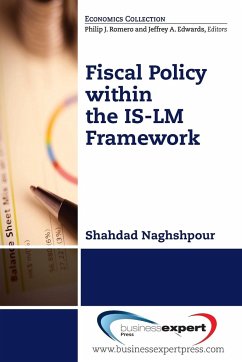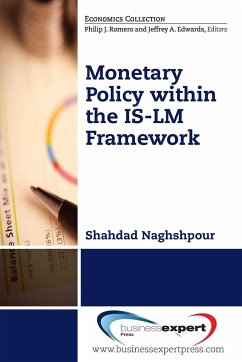Undoubtedly, what happens to the economy affects the lives of the citizens of a country, and often the lives of people in other countries around the globe. In addition to natural disasters two things affect the economy more than anything else: monetary and fiscal policies. Fiscal policy and monetary policy represent forms of government intervention to influence market performance. Fiscal policy relates to government spending and revenue collection; monetary policy relates to the supply of money, which is controlled by factors such as reserve requirements and interest rates. If there were a universally accepted set of rules that prescribe appropriate actions to bring and sustain prosperity to the economy the study of economics would have been a positive science, as opposed to a collection of normative beliefs. The study of these policies is normative in nature because fiscal and monetary policies do not necessarily impact everyone equally or in the same way. In other words not everybody loses or gains equally as the result of fiscal and monetary policies. Nevertheless, there are non-normative economic theories that explain the expected outcome of specific fiscal or monetary policies. The economists that advocate for fiscal or monetary policies generally agree on the economic consequences produced by each policy when implemented. What differentiates the economists is the degree to which they believe in the effectiveness of the policy, their ability to know the extent of the need that it is intended to address, the proper amount of intervention required in order to effect the desired correction, and the length of the time it would take to see the consequence of the policy. This book covers fiscal policy. It is part of a projected two volume set covering fiscal and monetary policies. The two volumes will be written to be complimentary to but independent of each other.
Hinweis: Dieser Artikel kann nur an eine deutsche Lieferadresse ausgeliefert werden.
Hinweis: Dieser Artikel kann nur an eine deutsche Lieferadresse ausgeliefert werden.








